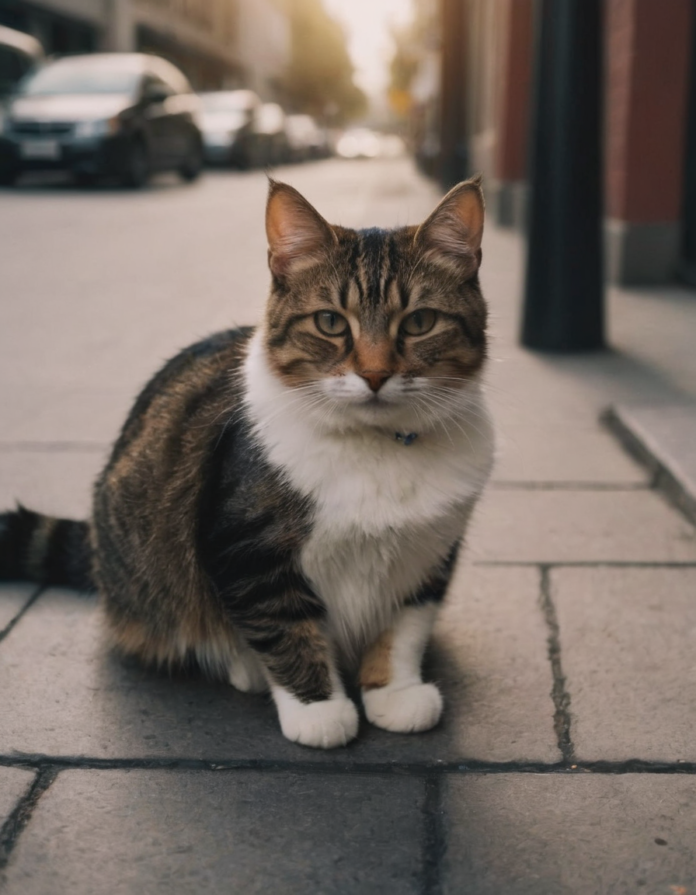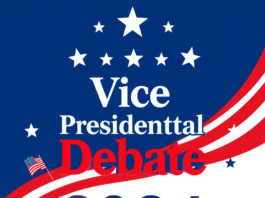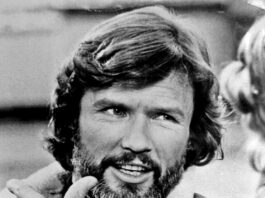The song “Eating the Cats,” by The Kiffness, has humorously brought Donald Trump’s controversial remarks from the U.S. presidential debates into the spotlight. These remarks involved allegations of migrants in Ohio engaging in the consumption of domestic pets. Within just 12 days of its YouTube debut, the song has attracted over 8.7 million views, illustrating its widespread appeal.
David Scott, the South African artist behind The Kiffness, playfully engages with this contentious issue in his song. In the video, he earnestly pleads, “People of Springfield please don’t eat my cat,” and creatively offers alternative food options like broccoli and avocados through visual aids. Scott, who has built his following on songs celebrating the simple joys of pets and children, explains his approach as not confrontational but unifying, especially in politically charged times.
Scott insists his work is not about provocation but about bringing people together, particularly through their common love for animals. He believes music can “take away negative energy and polarising feelings,” a sentiment he shared with AFP prior to a performance in Paris.
The video also features reactions from Kamala Harris to Trump’s claims during their debate, alongside contributions from a couple of pets that lend their vocals and express skepticism through their expressions.
Despite the song’s light-hearted tone, it has sparked significant interest from diverse political spectrums, indicating its impact beyond mere entertainment. The claims made by Trump have been dismissed by officials in Springfield, including the mayor and Ohio’s Republican governor, who have found no evidence to support them. Yet, the controversy persists with figures like Ohio Senator JD Vance defending the allegations.
This engagement with political and social issues through music highlights the unique space The Kiffness occupies, using humor and a shared love for animals to comment on and cope with the polarizing political climate.
The success of “Please Don’t Eat My Cat” is not an isolated phenomenon. Historically, music has often served as a canvas for socio-political commentary, and the advent of the internet has amplified its impact. This song joins a long lineage of musical parodies that have not only entertained but also influenced public discourse and reflected societal sentiments.
One of the most iconic predecessors in this domain was “I’m Just a Bill” from the 1975 children’s educational series, Schoolhouse Rock!. This song personified a legislative bill on Capitol Hill, simplifying the legislative process for young viewers while subtly poking fun at the bureaucratic complexities of law-making. Its enduring popularity demonstrates how humour can be effectively used to educate and engage.
In more recent times, “This Is America” by Childish Gambino stood out as a profound commentary on gun violence and racial issues in the United States. While not a parody, its stark satirical undertones and powerful imagery sparked significant conversations, highlighting the role of artists as commentators on cultural and political issues.
The trajectory of “Please Don’t Eat My Cat” also mirrors the success of “The Hamilton Polka” by “Weird Al” Yankovic, a medley that infuses the hit Broadway musical Hamilton with Yankovic’s signature polka style. Released in 2018, Yankovic’s rendition was both a tribute and a playful take on the original’s revolutionary fervour. It resonated widely, illustrating how historical narratives could be reimagined with a contemporary and humorous twist.
Similarly, the British satirical show Spitting Image has made a significant mark with its grotesque puppet caricatures of political figures, effectively blending humour and criticism in a format that reached millions through television and now continues to engage through social media platforms.
The rise of platforms like YouTube and TikTok has been pivotal in the proliferation of political parodies. They democratize content creation, allowing individuals to broadcast their perspectives to a global audience quickly. A notable example is the “Bad Lip Reading” series, which gained popularity for dubbing humorous dialogue over footage of politicians, turning otherwise serious content into sources of laughter and light-heartedness.
Research suggests that political satire doesn’t just entertain—it also plays a crucial role in shaping public perception of political figures and issues. According to a study by the Pew Research Centre, shows like Saturday Night Live and its political sketches significantly influence viewers’ perceptions of political figures and the absurdity of political proceedings.
The phenomenon of viral political parodies could also be seen during the 2020 U.S. presidential elections, where numerous parodies and memes concerning the candidates proliferated across social media, potentially impacting voter sentiment and engagement, particularly among younger demographics.
While musical parodies and satirical content can provide comic relief and critical commentary, they also bear the responsibility of influencing public opinion. As fun as they may be, these creations often tread a fine line between humour and the potential perpetuation of misinformation or reduction of serious issues to mere entertainment.
It’s important for creators and consumers alike to recognize the power of satire and to approach it with a critical eye. The popularity of songs like “Please Don’t Eat My Cat” reflects a broader societal trend towards engaging with political issues through the lens of humour, but it also calls for a deeper understanding of the underlying themes and the real-world contexts they represent.
As “Please Don’t Eat My Cat” continues to garner attention and spark dialogue, it serves as a contemporary artifact of how art imitates life—and vice versa. It reminds us that in an era where information is abundant and attention is fleeting, satire can capture the collective imagination and provoke thought, one viral moment at a time.




